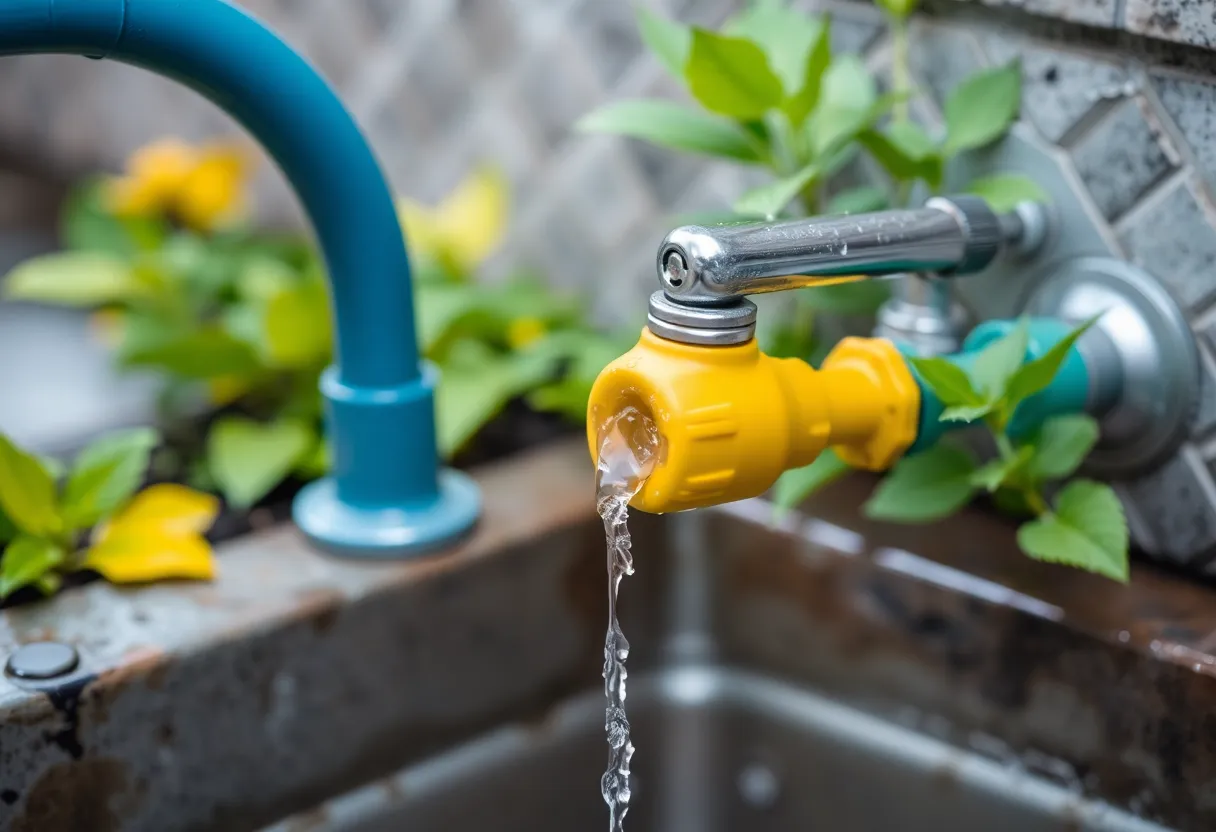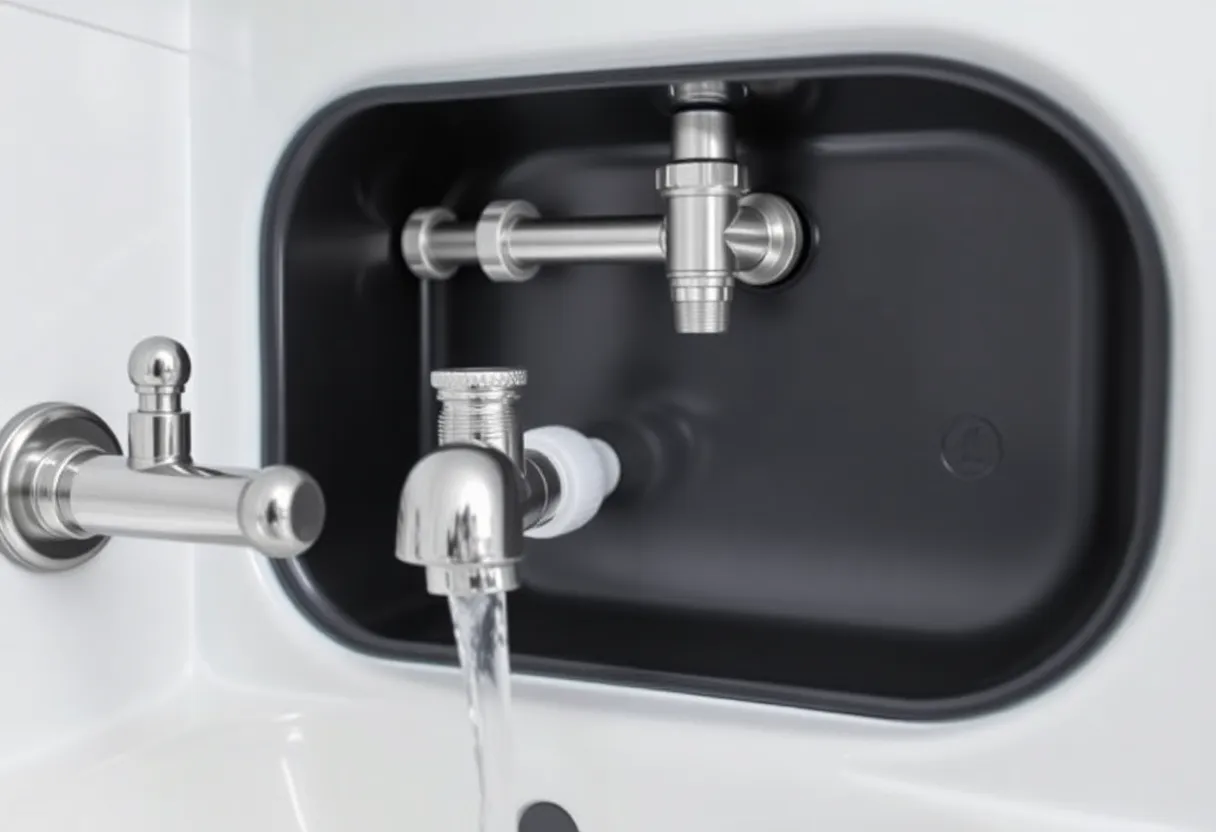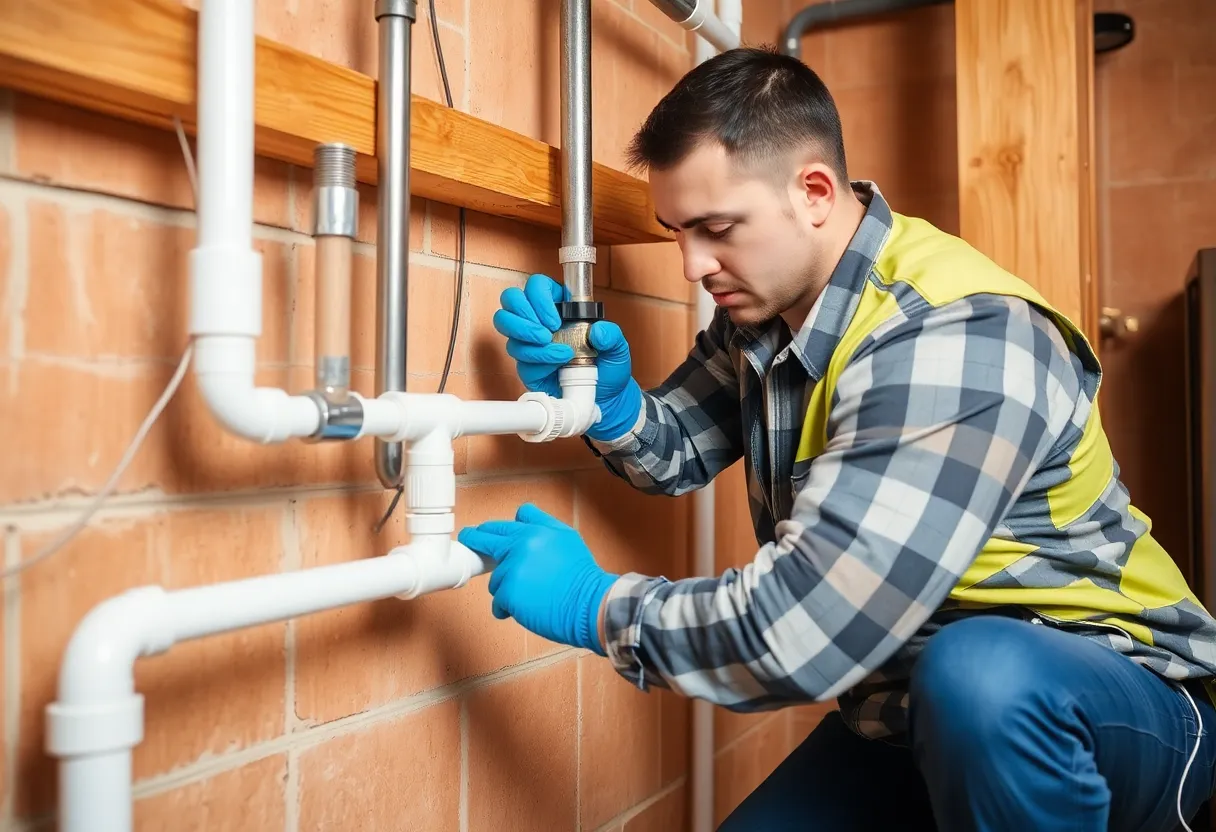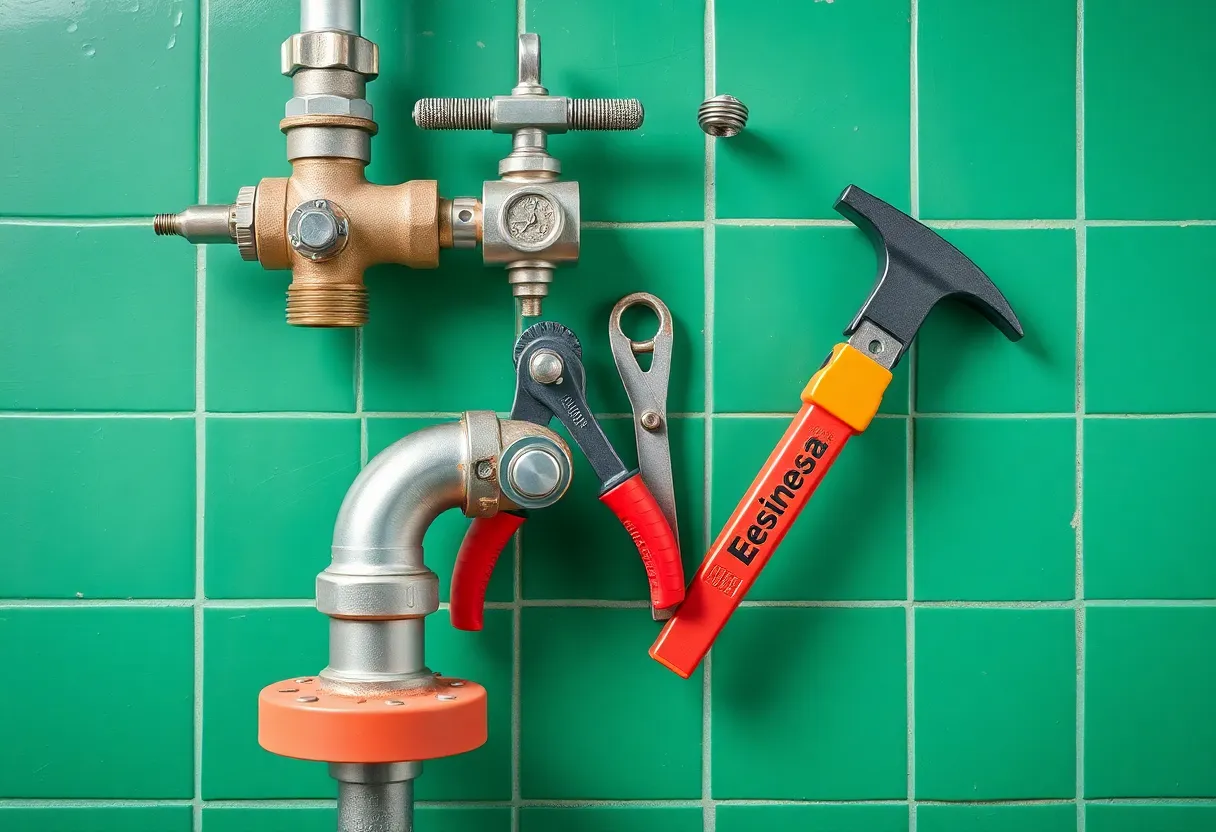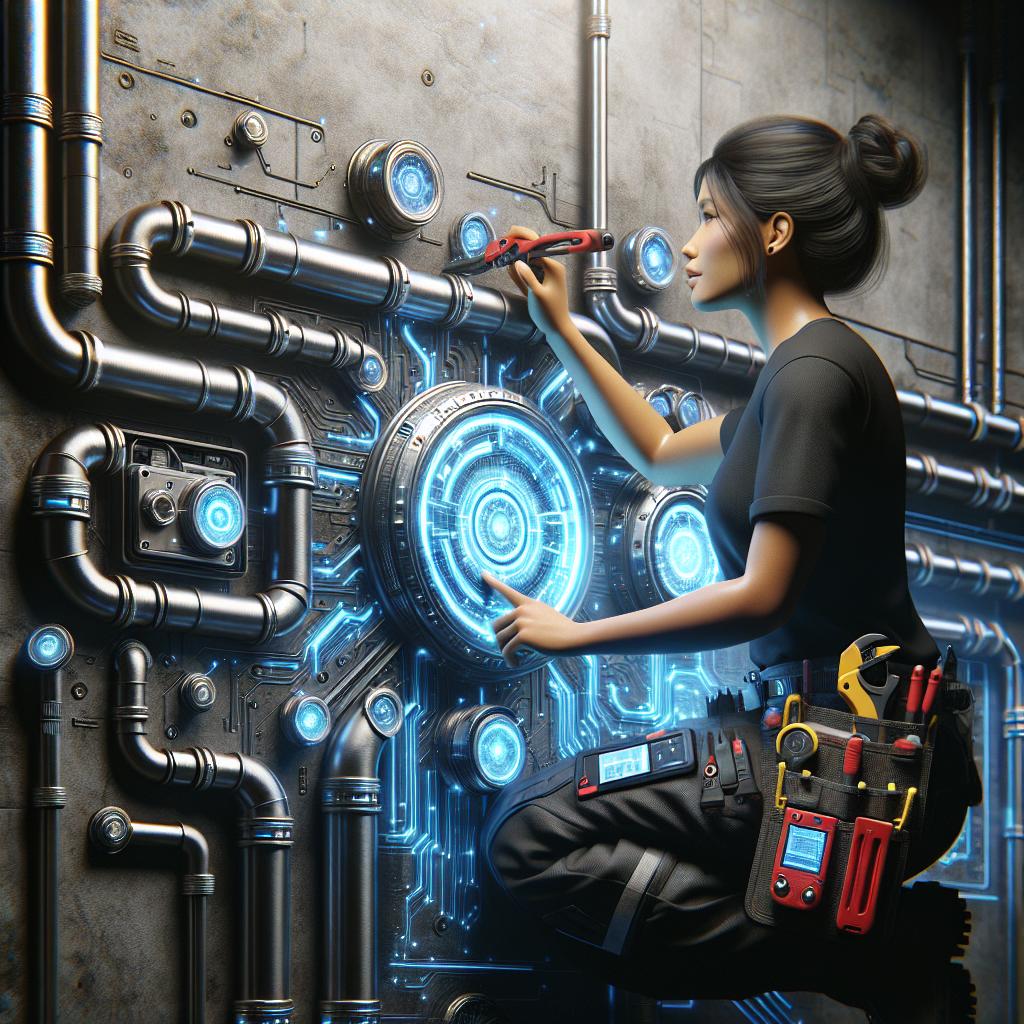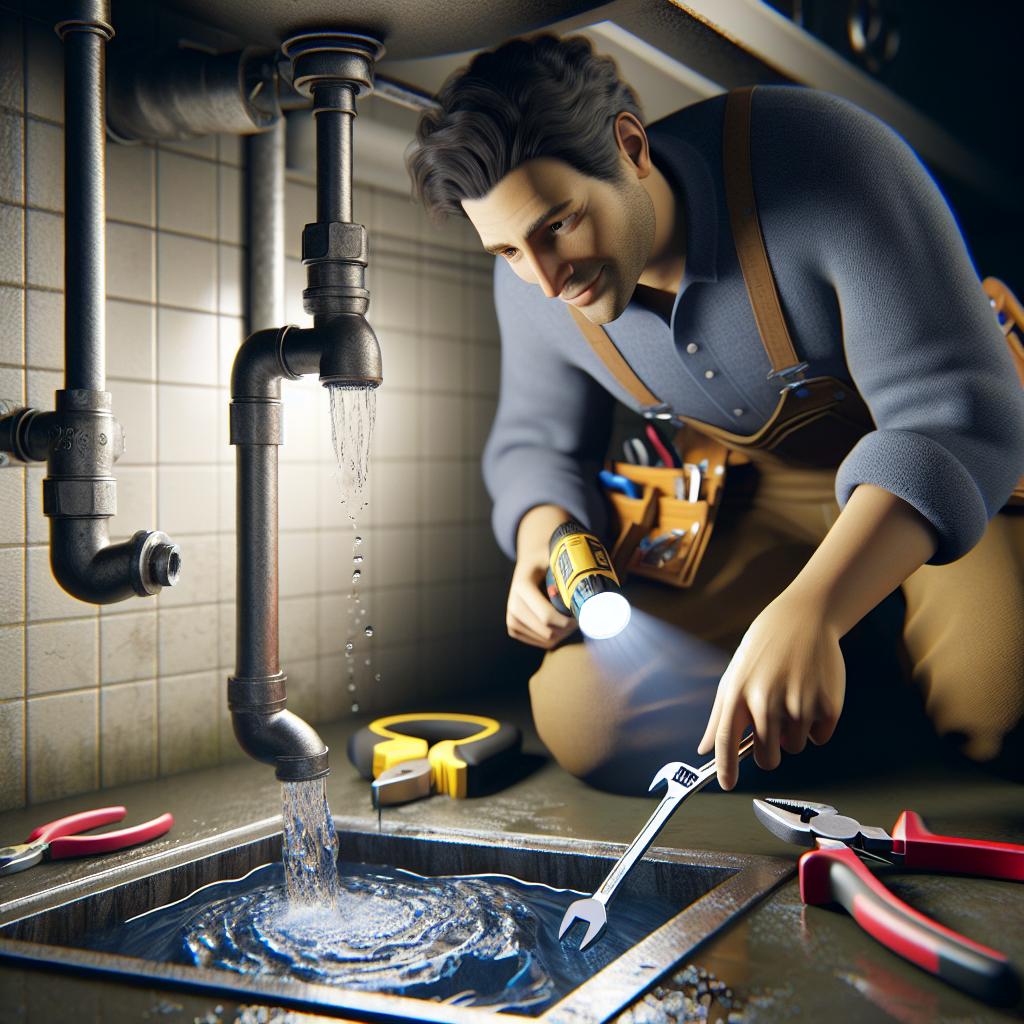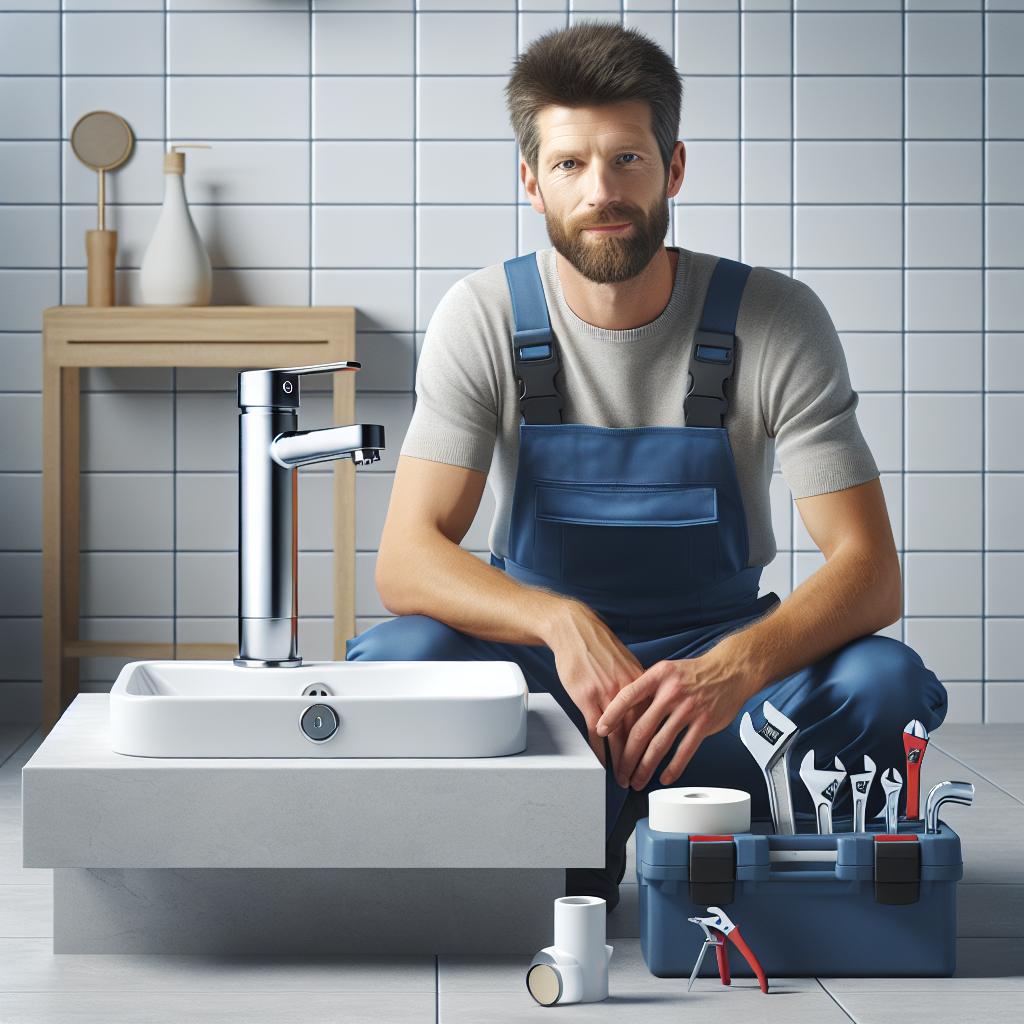The Plumbing Game Changer: 8 Innovative Strategies to Transform Your Home’s Water Efficiency
Water efficiency is more than just a buzzword; it’s a crucial aspect of modern home management. As we face increasing water scarcity and rising utility bills, the necessity for innovative strategies to enhance water efficiency becomes more apparent. Here are eight transformative suggestions to optimize your home’s plumbing system and drastically improve its water efficiency.
1. Install Low-Flow Fixtures
One of the simplest yet most effective ways to enhance your home’s water efficiency is through the installation of low-flow fixtures. These fixtures are designed to reduce water flow without sacrificing performance. Low-flow showerheads and faucets can cut water consumption by up to 50% compared to standard fixtures. Here’s why you should consider them:
- Showerheads: Modern low-flow showerheads use only 1.5 to 2.5 gallons of water per minute, compared to 5 to 8 gallons with traditional models.
- Faucets: Low-flow bathroom faucets reduce water output while maintaining pressure, making your washing routines eco-friendly.
- Toilets: High-efficiency toilets use as little as 1.28 gallons per flush, delivering significant savings over time.
2. Implement Smart Irrigation Systems
Managing your garden or lawn can often feel like a constant struggle against water waste. Fortunately, smart irrigation systems are revolutionizing how homeowners approach watering their lawns and gardens. These systems use weather data and soil moisture levels to optimize irrigation schedules, ensuring your plants receive the right amount of water without unnecessary waste.
Benefits of Smart Irrigation
- Water Conservation: Adjusts watering times and durations based on local weather conditions.
- Automated Control: Schedule watering times to avoid peak evaporation periods, enhancing efficiency.
- Easier Maintenance: Many systems provide alerts for leaks or malfunctions, helping you address issues promptly.
3. Utilize Rainwater Harvesting Systems
Why not take advantage of nature’s free resource? Rainwater harvesting systems capture and store rainwater from your roof for later use in irrigation or, in some cases, even inside your home. Here are the key components that make this strategy viable:
Key Components of Rainwater Harvesting
- Cisterns: These tanks store the collected rainwater, which can be used for various purposes.
- Filters: Ensure the water collected is free from debris and contaminants, making it suitable for irrigation.
- Pumps: Facilitate the movement of water from the cistern to your irrigation system or plumbing fixtures.
4. Invest in Water-Efficient Appliances
Today’s appliances are smarter and more efficient than ever. Investing in water-efficient appliances, such as dishwashers and washing machines, can dramatically reduce your water consumption. Consider the following:
Washing Machines and Dishwashers
- High-Efficiency Models: These appliances use advanced technology to minimize water usage while maintaining performance.
- Sensor Technology: Many modern dishwashers have sensors that adjust water and energy usage based on the dish load.
By replacing older models with these innovations, you can save hundreds of gallons of water each year.
5. Regular Plumbing Inspections
One effective way to improve water efficiency is through regular plumbing inspections. Almost all homes experience leaks, which can severely undermine your efforts to conserve water. By identifying and fixing leaks promptly, you can enjoy reduced water bills and prevent water damage. Here’s what to focus on:
Key Inspection Areas
- Pipes and Fittings: Look for visible signs of leaks, rust, or water stains.
- Water Heater: Check for any leaks and ensure it is functioning optimally.
- Fixtures: Identify dripping faucets and running toilets, both of which waste significant water.
6. Embrace Greywater Reuse
Greywater reuse involves recycling water from baths, sinks, and washing machines for use in irrigation or toilet flushing. This practice can significantly reduce your household’s overall water usage. However, it’s essential to follow local regulations and guidelines regarding greywater systems.
Implementation Steps for Greywater Systems
- Identify Sources: Determine which household sources will provide the greywater.
- Install Diverters: Properly set up plumbing to divert greywater to storage, ensuring it’s isolated from blackwater sources.
- Use Natural Products: Ensure that soaps and detergents used in your home are safe for plants if using greywater for irrigation.
7. Monitor Your Water Usage
Awareness is key in your pursuit of water efficiency. Investing in a smart water meter can provide real-time insights into your water usage patterns, enabling you to identify areas for improvement. With this data, you can make informed decisions about reducing waste. Here are some tips:
Utilizing Data from Smart Water Meters
- Track Consumption: Review your daily or weekly water usage and identify any spikes that could indicate leaks or inefficiencies.
- Set Goals: Establish water-saving targets based on your current usage to motivate conservation efforts.
- Alerts and Notifications: Use the system’s notifications to catch unusual water flow patterns or potential leaks early.
8. Insulate Your Hot Water Pipes
Hot water systems are notorious for wasting water while waiting for it to reach the desired temperature. Insulating your hot water pipes can drastically reduce this waste. Here’s how:
Benefits of Insulation
- Reduced Waiting Time: Insulation minimizes heat loss, meaning hot water arrives faster at your taps.
- Energy Conservation: Preventing heat loss also reduces the energy required to heat water continually.
- Cost Savings: Over time, you’ll see savings on both utility and water bills.
Conclusion
Water efficiency is a rewarding journey that requires both commitment and creativity. By implementing these eight innovative strategies, you can significantly transform your home’s plumbing system and promote an eco-friendlier lifestyle. From the installation of low-flow fixtures to embracing greywater reuse, each step not only contributes to conserving precious resources but also results in savings on your utility bills. Remember, small changes can have a big impact!
Take the first step today towards increasing your home’s water efficiency, and inspire your neighbors to join in the effort. Together, we can make a significant difference in water conservation!




